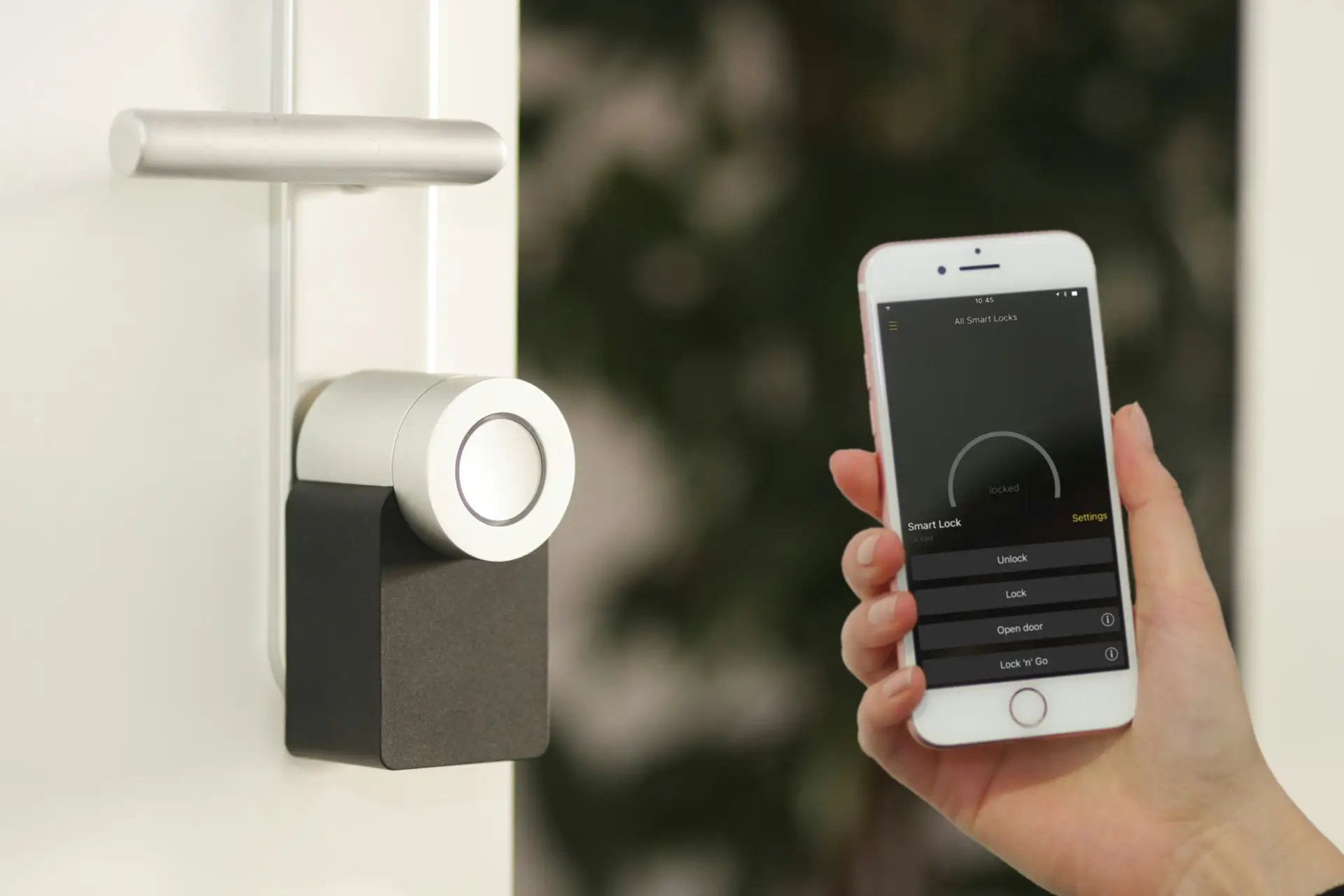The Evolution of Smart Home Technology: Insights from Recent Developments
Smart home devices have fundamentally transformed how individuals engage with their living spaces. These devices connect to the internet, enabling users to control various aspects of their home environment remotely through smartphones or voice commands. The significance of smart home technology in today’s world cannot be overstated; it enhances convenience, boosts energy efficiency, and provides increased security. This article explores the evolution of smart home devices, highlighting recent trends and developments in the tech news landscape while addressing both their historical context and future potential.
The Historical Development of Smart Home Devices
Early Innovations in Home Automation
The concept of home automation has roots that extend several decades back, with early prototypes showcasing mechanical innovations designed to simplify household tasks. Noteworthy inventions such as programmable thermostats emerged in the late 20th century, setting the stage for more sophisticated technologies.
The Impact of the Internet of Things (IoT)
The arrival of the Internet of Things (IoT)—a term denoting the network of physical devices connected to the internet—has significantly accelerated the advancement of smart home devices. The IoT facilitates seamless communication between devices, fundamentally reshaping the landscape of home automation. Its influence is evident in various smart home technologies, which now offer enhanced connectivity and interoperability.
Key Milestones in Smart Home Technology
The introduction of voice assistants like Amazon Alexa and Google Assistant represented a pivotal moment in the evolution of smart home technology. These innovations demonstrated the potential of voice control, leading to a diverse array of smart appliances designed for user convenience. As reported in tech news, these smart assistants have become integral to managing homes efficiently.
Current Developments in Smart Home Technology
The Shift Towards Integrated Ecosystems
A significant trend in the smart home sector is the emphasis on increased integration and compatibility. Ecosystems such as Apple HomeKit, Google Home, and Amazon Alexa are striving for seamless connectivity among devices. This interoperability allows users to control multiple devices from a single interface, significantly enhancing the user experience.

Rising Security Features
As privacy and security concerns mount, smart surveillance systems—including cameras and smart doorbells—have gained popularity. Recent advancements prioritize cybersecurity measures, ensuring that sensitive data is protected from unauthorized access, which is crucial in any smart home environment.
Focus on Energy Efficiency
The commitment to sustainable living is reflected in the development of energy-efficient smart home devices. Innovations like smart thermostats and energy management systems help optimize energy consumption within households. Additionally, many manufacturers are now incorporating renewable energy solutions, such as solar panels, to promote sustainable practices.
Integration of AI and Machine Learning
Artificial intelligence and machine learning have become integral to many smart home devices, facilitating personalized automation. Recent advancements enable predictive analytics, allowing devices to learn user habits and preferences. This capability enhances convenience, making daily routines more manageable and streamlined.
Emerging Technologies Shaping the Future of Smart Homes
The Promise of 5G Connectivity
5G technology is poised to redefine the smart home experience by offering faster and more reliable connectivity. This advancement allows for smarter devices capable of real-time data processing, enhancing home automation and user interaction.
Innovations in Voice Recognition
Voice recognition technology continues to advance with improvements in natural language processing. Enhanced capabilities are leading to more sophisticated voice assistants that can understand diverse accents and languages, broadening the accessibility of smart home devices.
The Potential of Augmented and Virtual Reality
Emerging technologies such as augmented reality (AR) and virtual reality (VR) are set to transform how users interact with smart home interfaces. From visualizing home layouts to simulating adjustments in real-time, AR and VR technologies provide unique, immersive experiences that add significant value to smart home systems.

Insights from the Tech Industry: Current Trends and Challenges
Major Players in Smart Home Innovations
Leading technology companies, including Google, Amazon, Apple, and Samsung, are at the forefront of smart home innovations. Recent tech news highlights various product launches, showcasing the ongoing competition and the drive to enhance user experiences through more advanced platforms and devices.
Understanding Consumer Preferences
Current analysis of consumer behavior reveals a growing interest in smart home technologies. Preferences are increasingly leaning towards devices that offer enhanced functionality and ease of use. Market growth statistics indicate widespread adoption driven by consumers seeking to automate daily tasks and improve their quality of life.
Addressing Challenges in Smart Home Development
Despite the advancements, challenges persist. Regulatory compliance and consumer privacy concerns are central issues in discussions surrounding smart home technology. Manufacturers are under pressure to address these concerns comprehensively as they continue to innovate.
Future Outlook: What Lies Ahead for Smart Home Devices
Anticipated Technological Advancements
The future holds promising advancements in smart home technology, including the emergence of new devices and applications that further simplify and enhance user experiences. Artificial intelligence is expected to play a pivotal role, enriching the automation aspect of smart homes and allowing for unprecedented customization.
Long-Term Societal Impacts
The long-term implications of smart home devices may transform daily lifestyles and routines, leading households towards greater efficiency and ease. The economic landscape may also shift, with industries adapting to new consumer demands for smart and sustainable home solutions.
The Transformative Power of Smart Home Technology
The evolution of smart home technology represents a remarkable journey from basic automation to a robust ecosystem of interconnected devices. As the latest tech news continues to unveil groundbreaking innovations and trends, staying informed is essential for consumers eager to harness the benefits of smart home technology. The transformative power of these devices is reshaping everyday living, creating a future where homes are not only smarter but also more attuned to the needs of their inhabitants.









